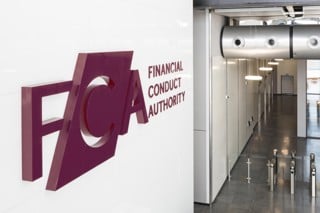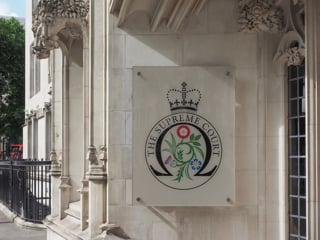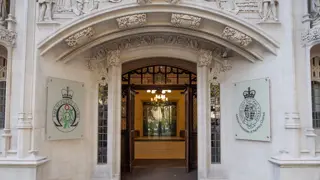2013 saw strong tactical promotions from vehicle manufacturers, with some marketing city cars on PCP offers with monthly payments as low as £69. Last September’s plate-change campaign saw 170 different PCP offers from manufacturers, according to newcarpromotions.co.uk, which compiles manufacturer finance deals, illustrating just how much weight is being thrown behind the product.
NEED TO KNOW
♦ Deals will become less attractive if residual values fall
♦ Consumers ‘taking on more debt’ still a concern
FCA study leaves dealers wary of add-on insurance sales
♦ FCA study leaves dealers wary of add-on insurance sales
At its core, a PCP taps into a customer’s preference for fixed monthly payments that enable them to predict their outgoings in the medium term. That can also mean an opportunity for the sales executive to ‘walk-up’ a customer into a higher specification car that previously seemed out of budget, but which may only add a small amount to the monthly payment.
For the customer, it also offers them flexibility at term end, with options to hand the car back, use any equity above the guaranteed future value towards a deposit on another new car, or refinance the balance to keep the car. Crucially for the franchised dealer, all three options bring the customer back into the franchised network where they can be solicited for further business.
But is the PCP trend a balloon that’s set to deflate slightly? The highly affordable monthly payments are currently being subsidised by a favourable sterling/euro exchange rate and, in the case of many premium brands, by generous guaranteed future values. Should residual values begin to decline, as sustained higher new car registrations overcome the supply and demand imbalance in the used car market, then manufacturer finance houses will have to adjust these and raise the cost of the monthly payment or initial deposit to compensate. These adjustments could begin relatively soon – many industry observers predict a drop in used car values this year.
The debt issue
At the recent AM Used Car Conference, Adrian Rushmore, of automotive forecaster CAP, said the company had a slight concern about the amount of finance and debt that consumers still have.
“The PCP situation is driving the new car market. That’s the most interesting dynamic of what we’re seeing. These consumers are paying a monthly rate, that’s what they are focused on, but it does mean that they’re taking on more debt.”
According to the Bank of England, the UK entered the recession in 2008 with consumer debt at record levels of £1.43 trillion. At the end of 2013 it still stood at £1.43 trillion. On average, each adult in the UK owes £28,489, including any home loans. However, the total debt figure is not adjusted for inflation, and the Bank of England has pointed out that – relative to income – debt levels have been falling. The ratio of debt to household disposable income has fallen from 167% at the start of the financial crisis to 140% now.






















max - 07/02/2014 12:07
course, showroom staff ought not to get hooked on the PCP sale at the cost of other funding solutions that may better suit the customer, in line with the high-level principles of the FCA Handbook. Those buyers able to put down a more substantial deposit may still benefit from traditional hire purchase. If the sale of finance is considered 'advice' - millions of customers might just jump on the mis-sale bandwagons. As usual, the industry seems to be thinking about what's good for it, well before whats actually best for the customer.......... Lots of dealers simply could not tell you what the 11 Principles are, let alone where they to find them, or how they might demonstrate them!! The enlightend will be looking to regulations IN DETAIL, and working out thats whats best for customers, truelly is where this is all going. No more platitudes, winks and nods, customers are getting savy and if not, dont worry, the CMCs will fill the void. (With the dealers money).